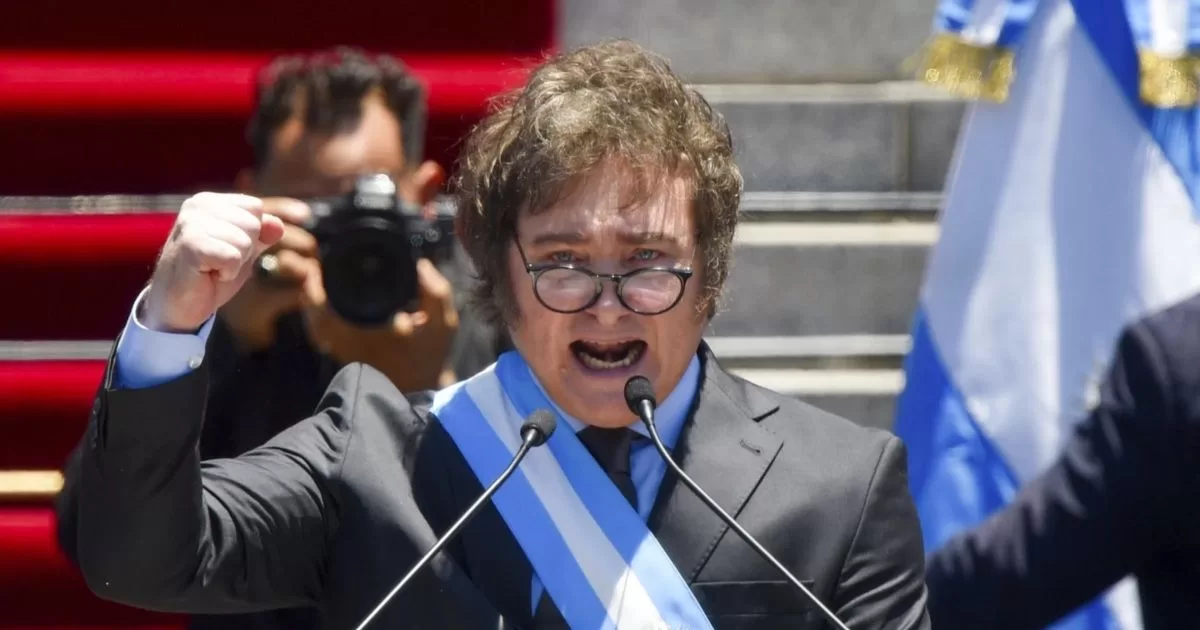The president of the Electoral Tribunal of the Federal Judiciary (TEPJF), Reyes Rodríguez Mondragón, asked the legislators in the Chamber of Deputies to open an open parliament to analyze the constitutional reform project that seeks to reduce powers to that court.
That is why it must be analyzed in detail, which must be discussed, in my opinion, in analysis tables, and it would be desirable for an open parliament to also be held in the Chamber of Deputies in relation to the initiatives that recently propose limiting the scope of conventional constitutional control carried out by the Electoral Tribunal. Particularly in the case of affirmative actions and the initiative proposes that they be an exclusive power, reserved for the Federal Congress”, said Judge Rodríguez.
When participating in the Seminar on methodologies for observation in electoral justice, he said that in the open parliament it would be stated that the reform allows the Executive branch to establish affirmative actions in the political sphere and “that the courts would no longer have the possibility of establishing actions affirmative, only to review those established by the federal legislator”.
He expressed that affirmative actions and social programs “are not bargaining chips for votes. These are authentic social rights, essential if we aspire to substantive equality and an inclusive and quality democracy”.
“Affirmative actions and social programs must be a guarantee of socio-democratic, socio-political development, they must be expressed in the legal instruments that regulate our social coexistence, but they must also be internalized by the electoral authorities and expressed in sentences,” he said.
In turn, the president of the National Electoral Institute (INE), Guadalupe Taddei, recognized that the “existence of all electoral tribunals gives awareness to all electoral processes; legal certainty, consistency, trust, contributes to the creation of trust that we need to maintain so much and make it bigger every day”.
He said that the biggest challenge of all the administrative and judicial authorities in electoral matters is precisely to create a higher confidence and increase citizen participation in the electoral processes.
local participation
For her part, Leticia Victoria Tavira, magistrate of the Electoral Tribunal of the State of Mexico, spoke out against the constitutional reform project under study in the Chamber of Deputies, because it also limits the participation of local courts.
“We emphasize the participation of local courts in the hearing and resolution of electoral disputes before they are known to the TEPJF, any proposal to the contrary violates the federal pact, the autonomy of the states and generates a regression for our democracy,” he asserted.
Meanwhile, Jorge Alcocer Villanueva, former coordinator of advisers to the Ministry of the Interior in the current federal government, expressed his wish that both the so-called “plan B” of the electoral reform approved by Morena, as well as the constitutional reform project that he intends to reduce powers to the TEPJF, do not materialize.
“I hope that in the months to come, our electoral system will be preserved with the integrity and solidity that we have injected into it over many years, and I hope that the famous plan B will be a bad episode, a bad spring night in our electoral history, and plan B to go to waste soon, and I wish that we preserve what is fundamental for our electoral system, which is the autonomy, independence and strength of its institutions and of those who are part of it.
“I also wish that this plan to delimit our electoral court, to reduce its powers and prevent it from full jurisdiction, is likewise discarded,” he stated.


